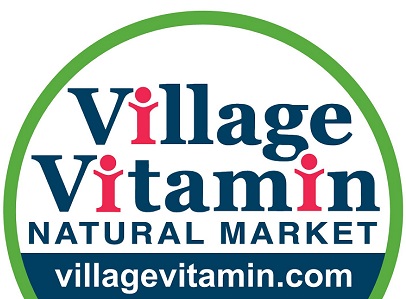In addition to a diet of whole foods, a daily multivitamin/mineral supports your child’s growth and development.
It’s “insurance to prevent nutrient deficiencies,” says Elson M. Haas, MD, and it supports learning and mood too.
Research suggests that kids who take a multi accomplish school tasks more quickly and concentrate longer than kids taking a placebo.
Zinc, for example, may support cognition. One study found that students given 20 milligrams daily scored higher on tests of visual memory, word recognition, and sustained attention than children who didn’t get a supplement.
Omega-3s for Kids
Omega-3 fatty acids support focus and concentration, as well as physical well-being by reducing the risks for allergies, asthma, and infections. They promote learning and mental health, especially during childhood, says Patrick Holford, author of Optimum Nutrition for Your Child’s Mind.
Children who do not regularly eat fish such as tuna or salmon may benefit from supplementation. Look for omega-3 supplements in a balanced formula that contains both DHA and EPA.
More Support for Focused Attention
Attention deficit disorder (ADD) and attention deficit/hyperactivity disorder (ADHD) impact not only a child’s learning but also his mental and emotional health. Magnesium has been found to help address inattention, excitability, and aggression related to low nutrient status. Magnesium plays a key role in the production of noradrenaline, a neurotransmitter that may be responsible for filtering out unimportant stimuli.
Another supplement linked to improved attention and memory in children with diagnosed ADD and ADHD is Pycnogenol, a proprietary extract from the bark of the French maritime pine.
Boosting Your Child's Immunity
No sooner does the school bell ring than the sniffles begin.
Probiotics help restore balance to the gastrointestinal tract, especially following a round of antibiotics. These healthy bacteria assist in the regulation of immune response in the intestines.
Low doses of zinc have been shown to boost the immune system and reduce the severity and duration of colds and other viruses.
The herb astragalus contains immune-enhancing substances. A sweet, buttery taste makes this remedy appealing for kids. It's useful both as an antiviral and for its long-term immune-boosting effects.
Get a Jump on the Jitters
Many kids, from kindergarten through high school, experience stomach aches and sleepless nights before they fall back into the school-year routine (some teachers do too!). These symptoms often rear their heads before tests too. Help kids chill with chamomile tea for relaxation and peppermint or ginger tea for digestive upsets.
Homeopathic medicines can also help. Ignatia eases homesickness younger children may experience when school starts, while Gelsemium helps them overcome performance anxiety before a big test or event.
Kali phosphoricum is useful for children who experience physical ailments when they are worried or anxious. When a restless child can’t fall asleep or stay asleep, try homeopathic Passiflora, a general sleep remedy than helps quiet an overactive mind.

